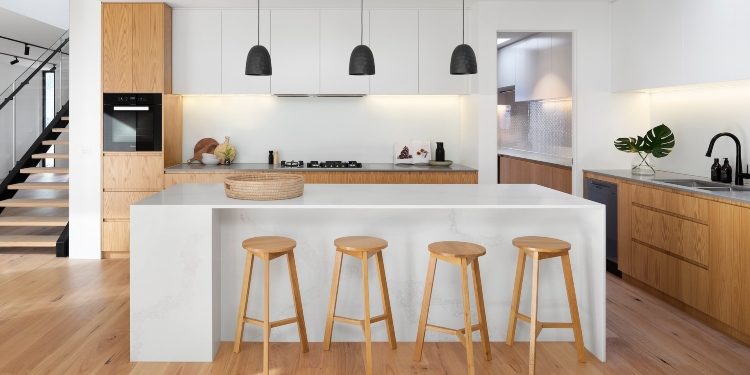With the UK bracing for a recession lasting until summer 2023, experts predict that the housing market might start to cool. If you’re a private tenant, you might be considering buying your own property for the first time.
Despite the certainty of some significant challenges during the year ahead, there should still be plenty of opportunities available if you’re hoping to move. Navigating the market is no easy feat but, with the right knowledge and preparation, you should be able to reach the best decision for you.
Why should I rent in 2023?
- High demand
Where buy-to-let property is concerned, housing demand is still high. For tenants, this should mean that finding a new rental property should be fairly fast and straightforward. Whether you need to upsize or downsize, you’ll find plenty of private rental houses available.
- Lower property prices
On average, housing prices are expected to be lower in 2023. Even if this only saves you a few thousand compared to last year’s prices, a small difference could go a long way when it comes to furnishing and settling into a new house.
- Flexibility
Above all, renting doesn’t need to be a substantial commitment – unlike buying a house. Whether you’re a young professional working in a new city or you need to improve and boost your credit score before saving for a mortgage, renting could be a convenient solution.
Can I afford to rent?
In response to the ongoing cost-of-living crisis in the UK, landlords have been increasing rental prices. The latest figures show that prices paid by private tenants rose by 4% in the year leading up to November 2022.
With costs remaining high elsewhere, it’s highly likely that renting might be an expensive option in 2023. As long as you factor in the cost of your utility bills, council tax, and other monthly outgoings, renting could be accessible for you and your family.
Is renting more affordable than buying a house?
In 2022, we saw house prices rise significantly and, as the year progressed, the market slowly started to return to pre-pandemic levels of stability. But with interest rates on the up, many buyers put on hold their plans to buy a house, with saving for a deposit increasingly difficult as a result of the cost-of-living crisis.
Depending on where you’d like to live in the UK, renting could work for you. Try to make sure that your total monthly rent won’t amount to more than a third of your pay: you need to have enough disposable income to get by.
Final thoughts…
Affordability depends on individual circumstances. Where private tenants are concerned, the viability of renting as a long-term solution depends on individual financial circumstances, including salary, savings and additional support.
We’ve offered general advice in this guide but, if you’re in an urgent situation with debt or struggling to find accommodation, please don’t hesitate to contact your local council.
David Prior
David Prior is the editor of Today News, responsible for the overall editorial strategy. He is an NCTJ-qualified journalist with over 20 years’ experience, and is also editor of the award-winning hyperlocal news title Altrincham Today. His LinkedIn profile is here.













































































